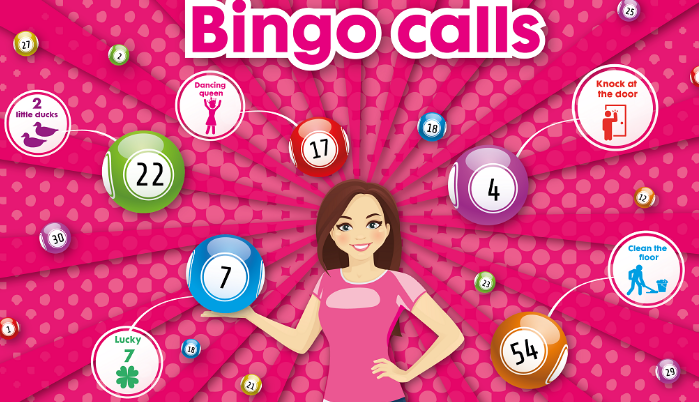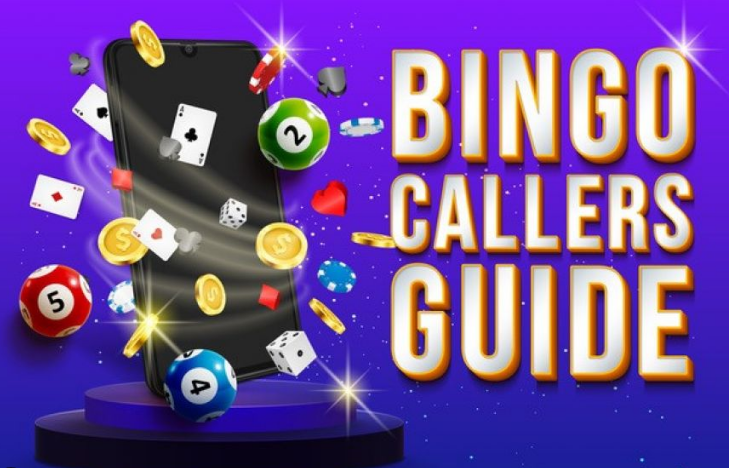In bingo, the number associated with the phrase “dirty knees” is 33. This association is part of the rich tradition of bingo, where numbers are often called out using rhyming phrases or references that create a more engaging and entertaining experience for players. The phrase “dirty knees” is a classic example of this tradition, using rhyme to create a memorable link with the number 33
Bingo Number System
Explanation of Number Calls in Bingo
In bingo, number calls serve as a unique and entertaining method for announcing numbers. Each number is associated with a specific phrase, often based on rhyming slang or cultural references. This tradition not only adds an element of fun to the game but also helps players to quickly recognize numbers, especially in noisy environments.
Significance of Rhyming Slang in Bingo Numbers
Rhyming slang plays a pivotal role in the charm and appeal of bingo. It originates from the United Kingdom and involves substituting words that rhyme with the intended word. In bingo, this translates to phrases that rhyme with the numbers being called. This tradition is not just a quirky aspect of the game but also a tool for enhancing the communal and interactive experience of bingo, fostering a sense of unity among players.

Specific Bingo Number Calls
Analysis of “Dirty Knees” in Bingo
“Dirty Knees” is a classic example of bingo’s creative number calling, representing the number 33. This phrase likely stems from the visual similarity of the two 3s to a pair of bent knees, coupled with the rhyming pattern. The phrase adds a humorous element to the game, engaging players in a more playful experience.
Origin of the Phrase “Dirty Knees”
The phrase “Dirty Knees” in bingo is a quintessential example of the playful and whimsical nature of the game’s number calling system. It reflects the creative and lighthearted approach to the game, where entertainment is as important as the gameplay itself.
Association of “Dirty Knees” with Number 33
The association of “Dirty Knees” with the number 33 demonstrates the inventive use of rhyme and imagery in bingo. The number 33, with its two identical digits, visually resembles knees, thus the adjective “dirty” adds an amusing twist, making it memorable for players.
Examples of Other Rhyming Slang in Bingo
Other notable examples include “Two Little Ducks” for 22, which visually resembles two ducks, and “Unlucky for Some” for 13, reflecting the common superstition associated with the number 13.
Cultural Impact of Bingo Numbers
The cultural impact of bingo numbers extends far beyond the game’s boundaries, influencing language, humor, and social interactions. These numbers and their associated calls become part of a shared cultural lexicon, particularly in communities where bingo is a popular pastime.
Influence on Popular Culture
Bingo numbers, with their quirky and memorable calls, often find their way into popular culture. Films, TV shows, and books sometimes reference these calls, either in dialogue or as part of the narrative. This inclusion not only demonstrates bingo’s widespread appeal but also shows how these phrases resonate with a broader audience. For example, phrases like “Legs Eleven” (11) or “Two Fat Ladies” (88) are recognized even by those who do not regularly play bingo, indicating the game’s permeation into everyday language.
Variations in Different Countries
Bingo calls vary significantly across different countries, reflecting local cultures and dialects. In the UK, calls often rely on traditional rhymes or historical references, whereas in the United States, they might be more straightforward or infused with American cultural references. This variation enriches the game, allowing it to adapt and remain relevant across diverse cultural contexts. For example, in Australia, some calls might include slang unique to Australian English, adding a local flavor to the game.
The different calls also highlight cultural nuances and humor, offering insight into what different communities find amusing or relevant. This aspect of bingo serves as a cultural bridge, connecting people through shared entertainment and language.
Impact on Social Interactions
Bingo numbers and their calls also play a significant role in social interactions, especially in settings where bingo is a community activity. They contribute to a shared sense of identity and belonging among players. In senior centers, clubs, and social gatherings, bingo often acts as a social glue, bringing people together in a light-hearted and engaging manner. The familiarity of the calls creates a sense of nostalgia and continuity, especially for older generations for whom bingo has been a longstanding tradition.

Playing Bingo
Playing bingo involves understanding its rules, strategies, and nuances, which vary depending on the type of game and location. This section delves into the aspects of participating in bingo games and strategies that can enhance the chances of winning.
How to Participate in Bingo Games
Participation in bingo games starts with purchasing bingo cards. These cards feature a grid of numbers, typically arranged in a 5×5 format for the standard version of the game. Each column on the card corresponds to a letter in the word “BINGO,” with a random selection of numbers under each letter.
When the game begins, a caller announces randomly selected numbers, often using the traditional rhyming slang associated with bingo. Players then mark these numbers on their cards if they appear. The primary objective is to complete a predetermined pattern, which could be a straight line, a diagonal, a full house (all numbers on the card), or various other configurations, depending on the game’s rules.
Strategies for Winning in Bingo
While bingo is predominantly a game of chance, players can adopt certain strategies to improve their odds:
- Play Multiple Cards: Handling more cards increases the probability of having a winning number. However, it’s essential to balance the number of cards one can manage effectively without getting overwhelmed.
- Choose Less Crowded Games: Fewer players mean less competition for winning, thus playing in games with fewer participants can be advantageous.
- Stay Alert and Focused: Quick reflexes and keen attention are vital in bingo. Players need to be fast in spotting and marking numbers on their cards.
- Understand the Odds: Each bingo game has different odds, based on the number of cards in play and the pattern required to win. Understanding these odds can help in making informed decisions about which games to play.
- Social Interaction and Learning: Engaging with more experienced players or joining bingo clubs can provide valuable insights and tips on playing more effectively.
- Choosing the Right Environment: Some players prefer a quiet setting where they can concentrate, while others thrive in a more lively atmosphere. Selecting a venue that suits one’s preferences can enhance the playing experience.
Bingo is not just about winning; it’s a social activity that brings people together, offering fun, excitement, and the thrill of the game. The enjoyment of bingo lies in the suspense of waiting for the next number, the camaraderie among players, and the sheer pleasure of the game itself.